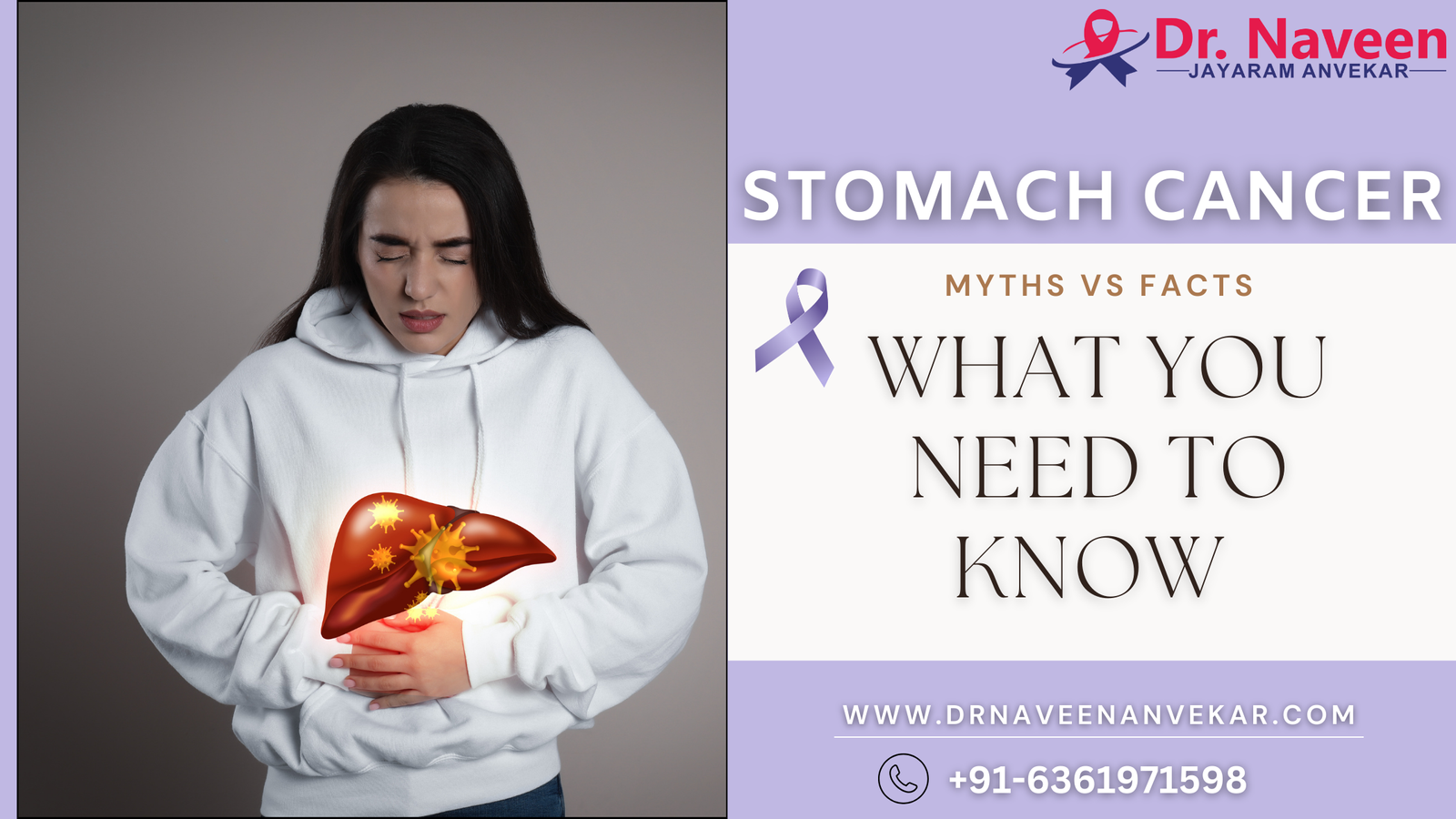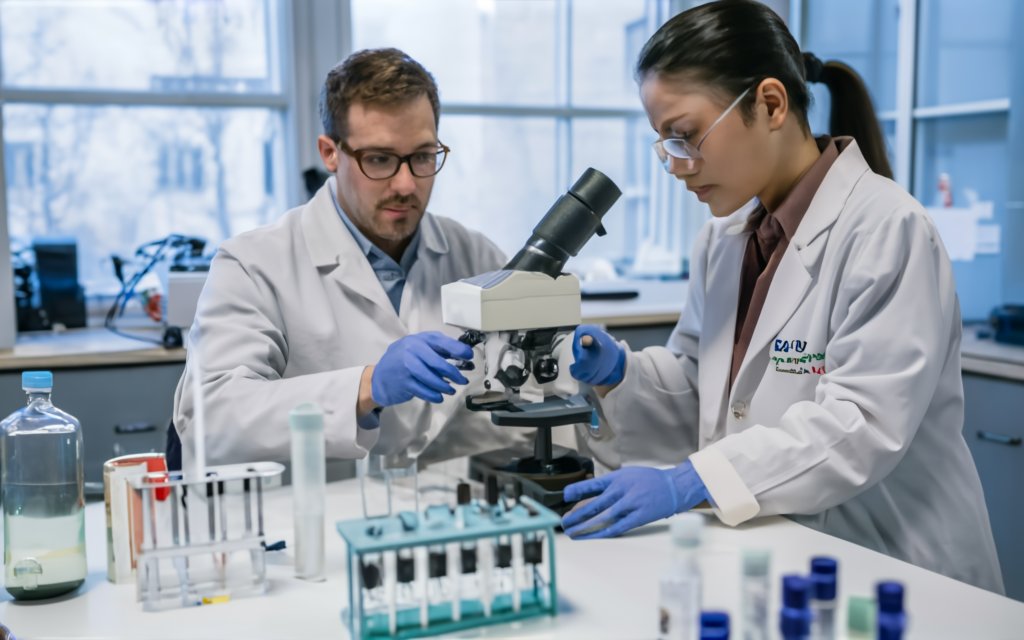
Cervical Cancer Awareness: Raising Knowledge to Save Lives
Cervical cancer is one of the most preventable types of cancer, yet it remains a major concern worldwide. Despite the availability of preventive measures like the HPV vaccine and regular screening tests, many women still face the risks associated with this disease. Raising awareness about cervical cancer is essential for reducing its impact, preventing new cases, and saving lives Best Cancer Doctor in Mysore , we will explore what cervical cancer is, its causes, prevention methods, and why awareness is so important.
What is Cervical Cancer?
Cervical cancer develops in the cells of the cervix, the lower part of the uterus that connects to the vagina. It often starts as precancerous changes in the cervix before progressing to full-blown cancer. These changes are usually detected through routine screenings such as the Pap test or HPV (human papillomavirus) test. In its early stages, cervical cancer may not cause noticeable symptoms, Best Cancer Doctor in Mysore, which is why regular screening is critical for detecting it before it spreads.
Causes of Cervical Cancer
The primary cause of cervical cancer is persistent infection with certain strains of HPV, a common sexually transmitted infection. While many women who are infected with HPV never develop cervical cancer, persistent infection with high-risk HPV types can lead to changes in the cervical cells that may eventually become cancerous. Best Cancer Doctor in Mysore , Other factors that increase the risk of cervical cancer include:
- Smoking: Women who smoke are at a higher risk of developing cervical cancer.
- Weakened immune system: A compromised immune system, due to conditions like HIV, makes it harder to fight off HPV infections.
- Multiple sexual partners: Having multiple sexual partners increases the likelihood of HPV exposure.
- Early sexual activity: Women who become sexually active at a young age are at an increased risk of HPV infection.
- Chronic infections or a history of STDs: A history of sexually transmitted infections, particularly chlamydia, can increase the risk of cervical cancer.
Symptoms of Cervical Cancer
In the early stages, cervical cancer may not cause any symptoms. As the cancer progresses, however, symptoms may start to appear. These include:
- Abnormal vaginal bleeding, such as bleeding after sex or between periods
- Unusual vaginal discharge
- Pelvic pain or pain during sex
- Painful urination or blood in urine (in advanced stages)
It’s important to note that these symptoms can also be caused by other conditions, so they don’t always indicate cervical cancer. However, if you experience any of these symptoms, it’s crucial to consult with a healthcare professional to rule out or address the issue.
Preventing Cervical Cancer
Cervical cancer is one of the most preventable cancers, and there are several ways to reduce your risk:
-
Get the HPV vaccine: The HPV vaccine is highly effective in preventing the types of HPV most commonly linked to cervical cancer. Vaccination is recommended for both girls and boys, ideally at ages 11 or 12, before they become sexually active. However, it can still benefit those up to age 45.
-
Get regular screenings: Regular Pap smears (or Pap tests) and HPV tests can detect early changes in cervical cells. A Pap smear is typically recommended every three years starting at age 21. After age 30, women can choose to have an HPV test combined with a Pap test every five years.
-
Practice safe sex: Using condoms during sexual activity can reduce the risk of HPV and other sexually transmitted infections.
-
Quit smoking: If you smoke, quitting can significantly reduce your risk of developing cervical cancer, as smoking weakens the immune system and makes it harder for the body to fight off HPV.
-
Healthy lifestyle: A balanced diet, regular physical activity, and managing stress can all contribute to maintaining a healthy immune system, which in turn helps the body fight infections like HPV.
The Importance of Cervical Cancer Awareness
Cervical cancer is preventable and treatable if detected early, but many women are unaware of the risk factors, the importance of regular screenings, or the availability of the HPV vaccine. Raising awareness is essential for several reasons:
- Early detection saves lives: With early screening, precancerous cells can be detected and treated before they develop into cancer, significantly reducing the risk of death from cervical cancer.
- Educating women about prevention: Awareness campaigns can help women understand the benefits of the HPV vaccine and the importance of regular screenings.
- Reducing stigma: Many women feel embarrassed or afraid to talk about cervical cancer or HPV. Raising awareness can help reduce the stigma associated with these topics, encouraging more women to seek information and get screened.
Conclusion
Cervical cancer is a preventable disease, but it requires awareness, education, and action. By getting vaccinated, attending regular screenings, and practicing safe sex, women can significantly reduce their risk of developing cervical cancer. Raising awareness about cervical cancer not only helps in early detection but also empowers women to take control of their health and well-being. Best Cancer Doctor in Mysore ,Let’s continue to spread knowledge, support prevention efforts, and save lives through awareness.
FAQ:
Q1: What is the HPV vaccine, and why is it important? The HPV vaccine protects against the strains of HPV that are most commonly associated with cervical cancer. It is important because it can significantly reduce the risk of developing cervical cancer and other HPV-related cancers.
Q2: How often should I get a Pap smear? It is recommended to have a Pap smear every three years starting at age 21. After age 30, a Pap test combined with an HPV test can be done every five years.
Q3: What should I do if I have abnormal Pap test results? If your Pap test results are abnormal, your doctor will likely recommend further testing to determine if there are any precancerous changes or the presence of HPV. Treatment options are available depending on the severity of the changes.
Q4: Are there any other risk factors for cervical cancer? Yes, additional risk factors include a weakened immune system, multiple sexual partners, and a history of sexually transmitted infections.

.png)
.png)
.png)
.png)
.png)

.png)
.png)
.png)

.png)

.png)
.png)
.png)

.jpg)
